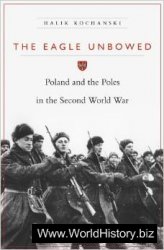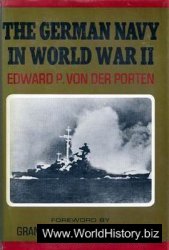For secondary students, there is a growing body of very good, accessible literature on Asia. For the region as a whole, Myron L. Cohen has edited The Columbia Project on Asia in the Core Curriculum: A Guide for Teaching (1992), which contains a wide range of materials written for use in a secondary school curriculum. Also written for a secondary school audience are two excellent singlecountry studies: Nancy Faust Sizer's China: Tradition and Change (1991) and Lucien Ellington's Japan: Tradition and Change (1990). Both have received positive reviews.
Mark Borthwick's Pacific Century: The Emergence of Modern Pacific Asia (1992) was developed for use as a text for the college-level telecourse by the same name. Although developed by some of the United States' most prestigious foundations to be used for college courses, it has been used successfully in secondary school programs.
On the more advanced level, Colin Mackerras has edited a very comprehensive history and political analysis entitled East and Southeast Asia (1996). James C. F. Wang's Comparative Asian Politics (1995) is the best recent political science work on the subject. For those interested in a readable account of Asia's economics and politics in nontechnical language, Steve Chan's East Asian Dynamism: Second Edition (1993) is the best.
For additional information on China, see Charles O. Hucker's China's Imperial Past (1975) and Edward A. Gargin's China's Fate: A People's Turbulent Struggle with Reform and Repression (1990). An excellent background book on India is Veenu Sandal's We Live in India (1984). A more comprehensive history can be found in Ved Mehta's The New India (1978). Kazuhide Kawamata's We Live in Japan (1984) offers a good overview of Japanese life. John Toland's Rising Sun (1970) is also excellent.
There is no more sophisticated examination of Asia and its politics than the classic work Asian Power and Politics (1985), written by one of the United States' leading Asian scholars, Lucian W. Pye. Although it is written for a scholarly university audience, it may be suitable for advanced students and is necessary for anyone who hopes to understand the cultural forces behind Asian politics.
World Monitor magazine frequently provides interesting articles. Current History is well known for the quality of its articles. The Economist, a weekly newsmagazine published in England, is another excellent source for international news.




 World History
World History









